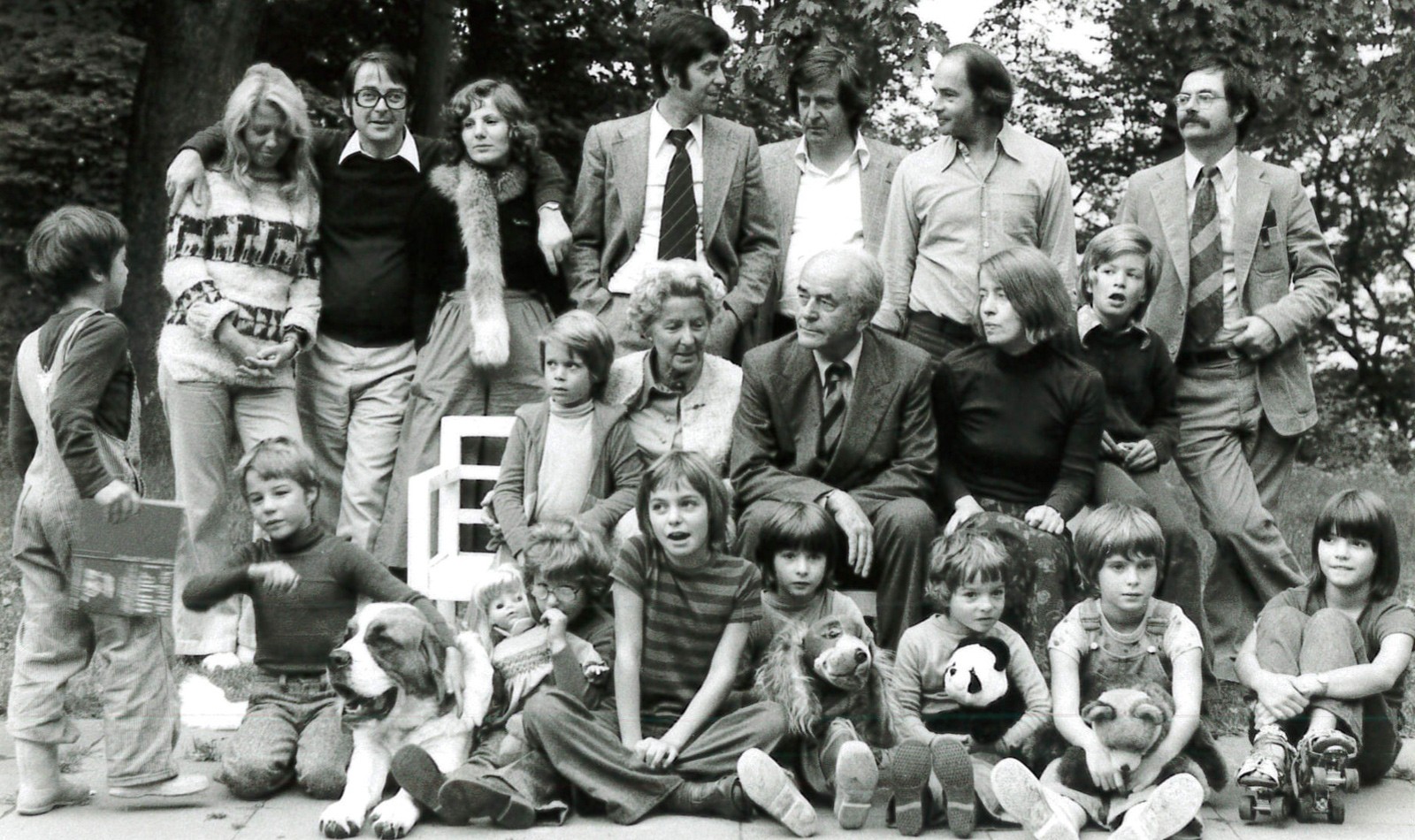Albert Speer (…) was born in 1934 as the son of Hitler’s chief architect and Minister of Armaments Albert Speer. Having trained as a carpenter he then studied Architecture in Munich. In 1964 he founded his urban and regional planning firm in Frankfurt/Main. With a payroll of almost 200 employees, AS+P Albert Speer + Partner GmbH is nowadays well known beyond Europe for urban and transport planning, residential district architecture, and major sporting events. Speer has won prizes and been awarded honorary doctorates, and his name is associated, for example, with the “Museumsufer” development in Frankfurt/Main, Expo 2000 in Hanover, and the Allianz Arena in Munich. He has lectured in regional and environmental planning. In 2006 he was awarded the Federal Order of Merit for the academic advancement of architecture and urban planning.
He (…) managed to liberate himself form the overpowering shadow of his father, the Minister of Armaments and architect of Adolf Hitler’ monumental structures. Urban planning is not about creating monuments, but sees cities as complex, living organisms, is his credo.
With his wish to design sustainable cities that are compatible with mankind and the environment, Albert Speer Junior continued the family architecture tradition, without having to follow in his father’s footsteps. “It has often been said that I consciously wanted to be distinct from my father, but that wasn’t the case. I knew that architecture was not my strength.” His father had never understood what sustainable urban planning is all about, he says.
Speer later discovered that his father had nonetheless been proud when, in Spandau Prison in Berlin he heard of the prizes his son had been awarded since winning his competition in 1964 in Ludwigshafen. Nonetheless, urban planning had never interested his father, and certainly why one had to bother with preparatory land use plans and deal with citizens’ objections, or make presentations to building authorities in order to be able to build cities worth living in. “That was not his world.“ But it was one, which today matters everywhere.
by Johnny Erling, excerpt from: Die Welt newspaper, November 3, 2013
